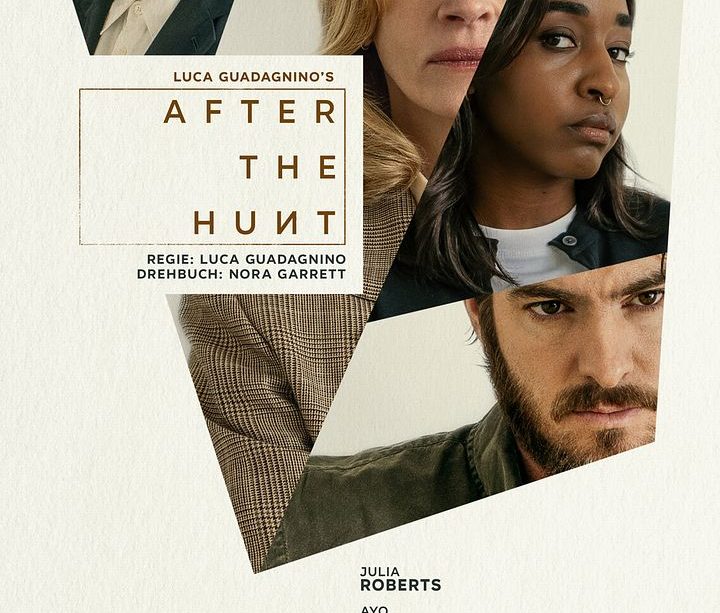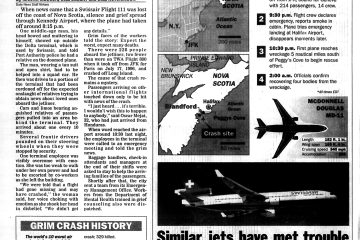After the Hunt: The Importance of Responsible Wildlife Management

Understanding the Context
The phrase ‘after the hunt’ refers to the actions and considerations that take place following a hunting expedition. This topic is increasingly relevant in today’s society as discussions surrounding wildlife conservation, ethical hunting practices, and biodiversity preservation become more prominent. As various regions face challenges related to overpopulation of certain species, ecosystem imbalance, and habitat loss, understanding what comes after hunting activities is essential for encouraging responsible management of wildlife.
The Aftermath of Hunting
Post-hunt actions can vary significantly based on local laws, regulations, and the ethics followed by hunters. In many cases, hunters are encouraged to engage in conservation activities, such as wildlife surveys or habitat restoration projects, to mitigate any negative impacts resulting from their actions. This might involve working with conservation organisations to monitor animal populations and ensure sustainable hunting practices are in place. For instance, several hunting organisations in the UK promote post-hunt programmes that educate participants on the balance of ecosystems and the importance of maintaining healthy wildlife populations.
Importance of Responsible Practices
After the hunt, it is crucial for hunters to be responsible stewards of the environment. This includes making conscious decisions about how to handle the game, including proper processing and utilisation of the meat, which can contribute to food sustainability. Moreover, ethical hunting ranges from adhering to bag limits, seasonal regulations, and respecting wildlife habitats. A conscientious approach can foster a culture that values wildlife and their habitats, promoting the idea that hunting can coexist with conservation efforts.
Future Perspectives
As awareness grows surrounding the environmental ramifications of hunting, a shift towards more holistic approaches in wildlife management is evident. Future hunting policies may increasingly incorporate conservation as an integral component. Programs that facilitate community engagement, education on sustainable practices, and collaborative efforts with conservationists are gaining traction. For the general public, understanding the implications of hunting activities, including ‘after the hunt’ scenarios, can lead to more support for wildlife policies that balance recreation and conservation.
Conclusion
The discussions surrounding ‘after the hunt’ reflect deeper themes of respect for the environment and wildlife. Responsible management practices can ensure that hunting contributes positively to conservation rather than detracting from it. With continuous education and community involvement, it is possible to cultivate a culture that appreciates and protects wildlife, paving the way for future generations to experience the fruits of sustainable hunting and conservation.









